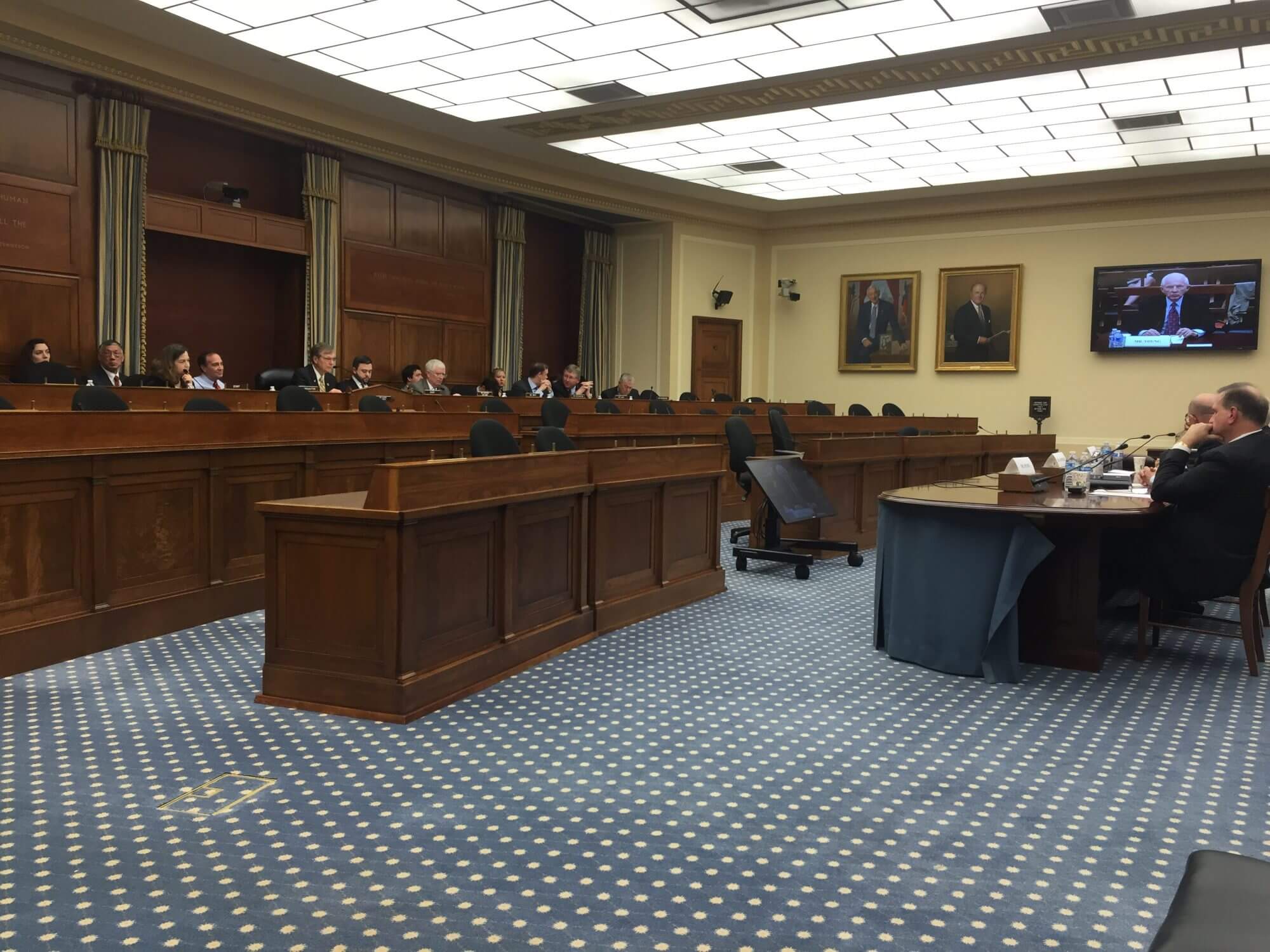WASHINGTON — Experts had some harsh words Wednesday about the nation’s plans to return to manned space flight. A direct trip to Mars is not feasible, they told the House on Science, Space, and Technology Committee.
“In the current fiscal environment, there are no good pathways to Mars,” said John Sommerer. “Just as it is not feasible to take a cross country trip on a child’s allowance…we may never well be able to get to Mars at current expenditure levels.”
Witnesses testified that the United States doesn’t have the technical capabilities, the political focus, or the financial commitment to successfully land astronauts on the red planet. More research needs to be conducted investigate the harmful impact of microgravity and radiation on long-term spaceflight.
In 2010, President Barack Obama cancelled the Constellation program which planned to return American astronauts to the moon. The Space Launch System and the Orion capsule were spun out of Constellation to achieve the administration’s new goal of putting Americans on Mars.
“It was a mistake to remove the moon from the critical path,” said Paul Spudis, a senior scientist at the Lunar and Planetary Institute. “The moon offers a chance to develop capability. The moon is close, it’s interesting, and it’s useful.”
Spudis and Sommerer think a base on the moon should be a waystation on the journey to Mars, operating as a fueling station for a longer journey.
Not everyone agrees that NASA should give that much attention to the moon.
“If you are in a cost constrained environment, it doesn’t make sense to build a lunar base if your goal is to go to Mars,” said Casey Dreier, director of space policy at the Planetary Society. “Mars advances human spaceflight in a grander scale than the moon does.”
Dreier says that NASA shouldn’t ignore the moon — test missions in lunar orbit are an essential part of any plans to go to Mars — just that it should focus its energy on Mars.
“We have to make choices between the moon and Mars,” said Tom Young, former director of NASA’s Goddard Space Flight Center.
The witnesses also argued that the administration’s Asteroid Redirect Mission—which plans to collect a boulder from a large asteroid and put it in orbit around Earth’s moon—is folly.
Spudis called the mission a “stunt” that doesn’t lead to the creation of any long-term manned spaceflight infrastructure.
“Getting to Mars is not a question of rocket science, but political science,” said Rep. Ed Perlmutter, D-Colo.


